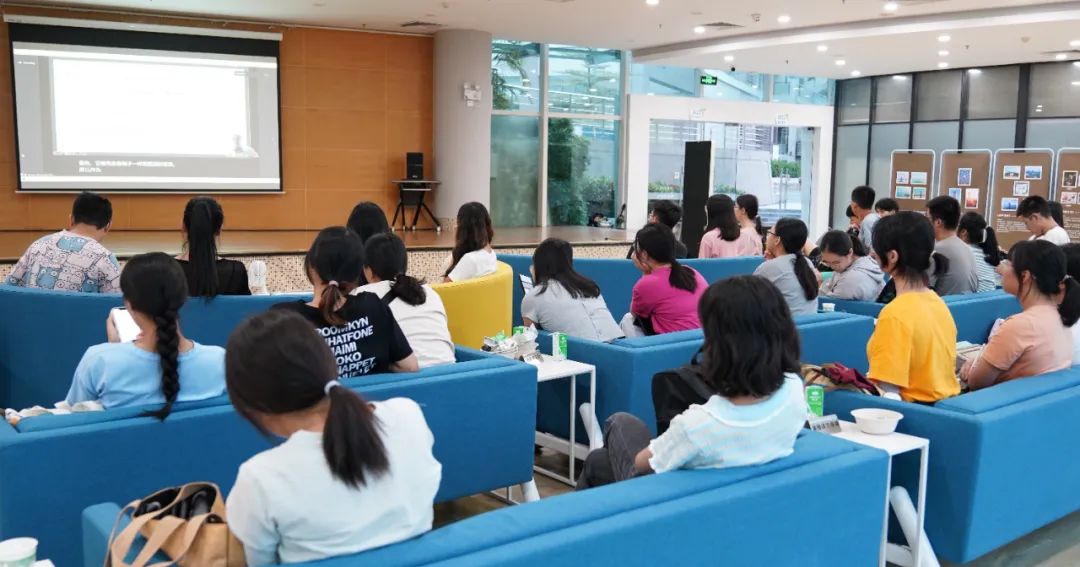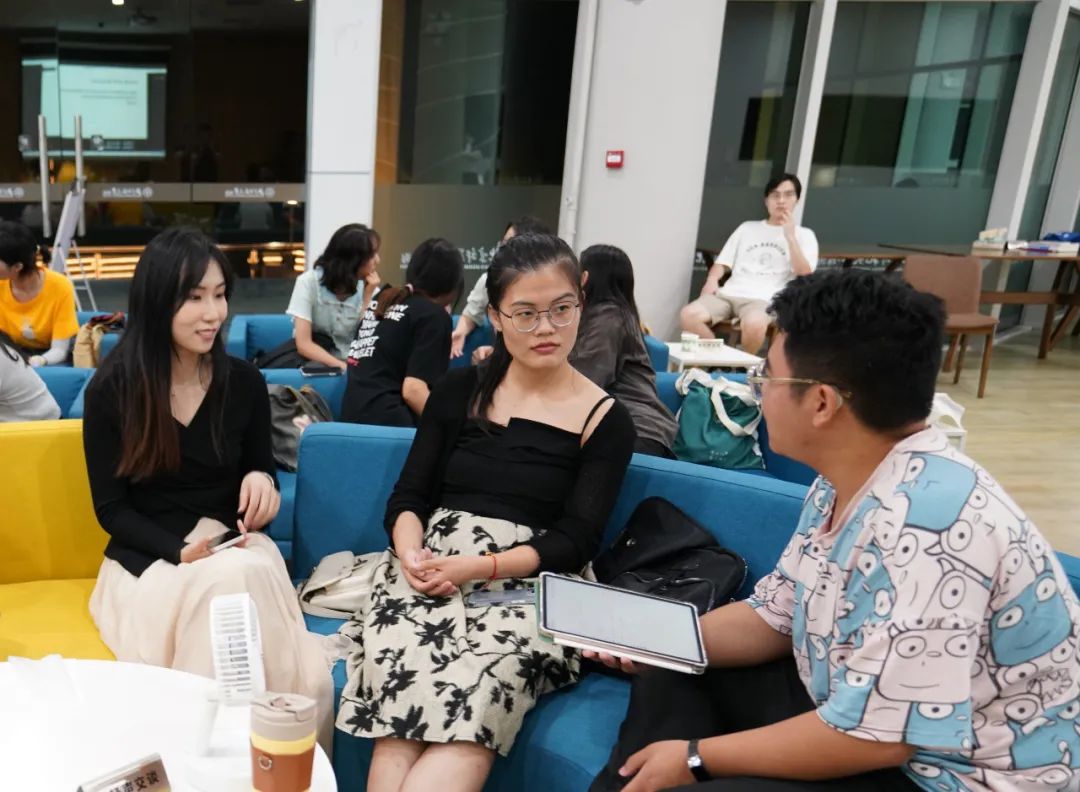On the evening of September 22nd, 2022, Professor Steven Watson from the Education School of the University of Cambridge was invited to attend the Future Education International Salon hosted by Beijing Normal University's Future Education Institute in Room A101 of Lijiao Building. He gave a keynote speech on "Second-order Reflective Practice for Education." The salon was moderated by Zhang Shu, a teacher from the Future Education Institute.

During his speech, Professor Watson first reviewed the history of education development in Europe, talked about the changes and developments of reflective practice throughout history, and recognized the great contribution of the Silk Road to cultural exchange between the East and the West. He then gave an example about clinical treatment, emphasizing the importance of choosing appropriate education methods based on the actual situation of the students. This vividly demonstrated the origin and role of reflective practice. Professor Watson introduced the closed-loop model of the reflective cycle, namely "plan-learn-apply-reflect," to explain its operation mechanism and intuitively demonstrate the great role of reflective practice in education. He also emphasized the remarkable effects of reflective practice in the fields of medicine and law.
The global teaching cycle of lesson study originated in Japan or China. During this process, teachers identify research questions, prepare a lesson to try to address these questions, and then discuss their ideas together after class, while providing knowledge about teaching and learning, as well as practical knowledge.During the discussion session, students were divided into groups to explore what future classrooms or education would be like, and summarized four key words to describe them. Wu Ying, a first-year graduate student majoring in physical education, believed that the four key words were technology-oriented, role-exchange, fun-oriented, and practice-oriented. With the significant achievements in modern education technology, the meaning of technology-oriented was self-explanatory. Role-exchange referred to the de-emphasis of the identity of students and teachers, becoming peers who learn from each other. The latter two key words represent higher expectations for the classroom atmosphere and form. Her answer was recognized by Dr. Watson and other students, who expressed that such changes were meaningful and necessary.

During the speech, Liu Yuliang, a first-year graduate student majoring in physical education in 2022, expressed that future classrooms and education should be record-oriented, convenient, efficient, and diverse in carriers. Compared with the limitations of traditional classroom reflection, using tools such as cameras to fully record the classroom can provide more specific materials for reflective practice. Convenience refers to the requirements for classroom equipment and venue facilities, making teaching not limited by the environment. Efficiency is to analyze the concentration level of students' energy through classroom teaching and student feedback, and focus on teaching based on machine-measured data. Finally, Liu talked about the diversity of carriers, aiming to present knowledge more intuitively.

Song Yujie, a student majoring in English (education) from the class of 2022, participated in the salon and expressed that she traced the history of Western education development with the professor, and gained a deeper understanding of the reasons for the different directions of education in the East and West. The professor's discussion of "reflection" and "individual" also inspired her to constantly learn and reflect in her future teaching and learning. Vice Dean Xiang Benqiong and Associate Professor Ma Lei, the head of the Public English Teaching Team, attended the salon as guests, and about 65 young scholars and students from the Future Education Institute participated in the salon. The salon ended successfully in a cheerful atmosphere.



 Last Page
Last Page

 Phone:0756-3621121
Phone:0756-3621121
 Email:ccie@bnu.edu.cn
Email:ccie@bnu.edu.cn